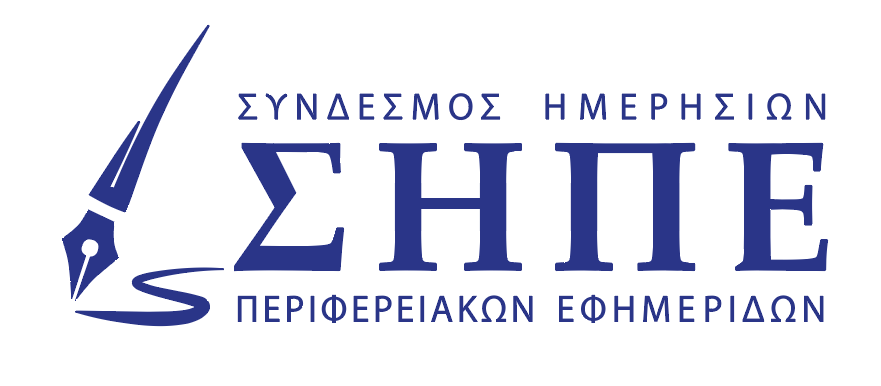Copyright ensures that authors, composers, artists, film makers and other creators receive recognition, payment and protection for their works. It rewards creativity and stimulates investment in the creative sector. 33 sectors of the EU economy are considered copyright-intensive, accounting directly for over 7 million jobs, or 3% of employment in the EU.
Copyright in the Digital Single Market
Delivering on its Digital Single Market Strategy, the Commission is rolling out an ambitious modernisation of the EU copyright framework. The objective is to make EU copyright rules fit for the digital age.
The Communication on a modern and more European copyright framework adopted on 9 December 2015 sets out the main political objectives and areas of action as well as the timeline, based on a step-by-step approach.
A first legislative proposal was adopted on 14 June 2017, the regulation on cross-border portability of online content services, which aims at ensuring that consumers who buy or subscribe to films, sport broadcasts, music, e-books and games can access them when they travel in other EU countries.
A second set of legislative proposals aims at modernising the copyright framework, focusing on allowing for wider online availability of content across the EU, adapting exceptions and limitations to the digital world, and achieving a well-functioning copyright market place.
A Directive and a Regulation implementing the Marrakech Treaty in the EU were adopted on 13 September 2017. People who are blind, visually impaired, or otherwise print disabled within the European Union and from other countries will be able to access more books and other print material in accessible formats, including adapted audio books and e-books, from across the European Union and the rest of the world.
What are copyright and related rights ?
These are rights granted to authors (copyright or authors' rights) and to performers, producers and broadcasters (related rights). They include:
- Economic rights which enable rightholders to control the use of their works and other protected material and be remunerated for their use. They normally take the form of exclusive rights, notably to authorise or prohibit the making and distribution of copies as well as communication to the public. Economic rights and their terms of protection are harmonised at EU level.
- Moral rights include the right to claim authorship of the work and the right to object to any derogatory action in relation to the work. They are not harmonised at EU level.
Licensing is the main mechanism for the exercise of copyright and related rights. Depending on the relevant right, the type of use and the sector, licences are most often granted directly by the right holder or collective management organisations. The EU has recently adopted legislation to improve the functioning of collective management organisations including through facilitating the provision of multi-territorial licences.
Exceptions to these rights
Copyright systems balance the recognition of exclusive rights in order to facilitate the use of protected content in specific circumstances. The EU copyright rules set out an exhaustive list of exceptions to rights accross various copyright directives. Exceptions allow beneficiaries to use protected material without authorisation from the rightholders. Enforcement of procedures and remedies against infringements of copyright have been partly harmonised at EU level.
The EU's role
EU actions have led to more harmonised protection of rightholders, lower transaction costs and greater choice for users of content, notably through:
- a European regulatory framework for copyright and related rights;
- the promotion of inclusive and dynamic stakeholders dialogues on copyright and related issues, to seek views, concrete experience and contributions from all interested parties;
- a leading role in international negotiations and discussions on copyright and related issues.
Steps have already been taken to facilitate the digitisation and dissemination of cultural heritage (Orphan Works Directive) and the management and licensing of rights (Collective Rights Management Directive and Licenses for Europe stakeholder dialogue). Two international treaties in the area of Copyright, the 2012 Beijing Treaty on Audiovisual Performances and the 2013 Marrakesh Treaty on visually impaired persons have been adopted in the WIPO (World Intellectual Property Organisation). A factsheet summarising the actions taken by the European Commission in copyright legislation is available for download.
